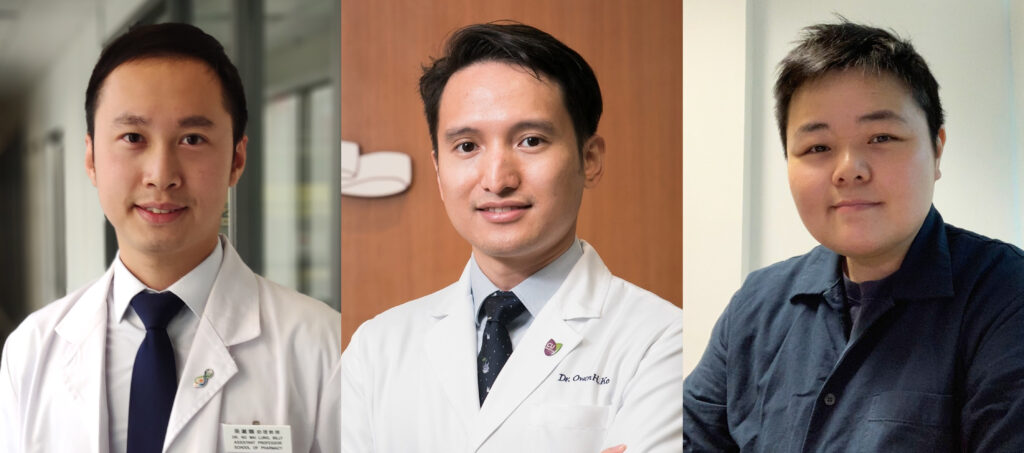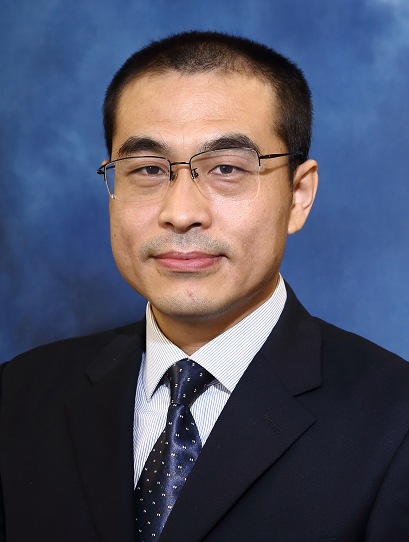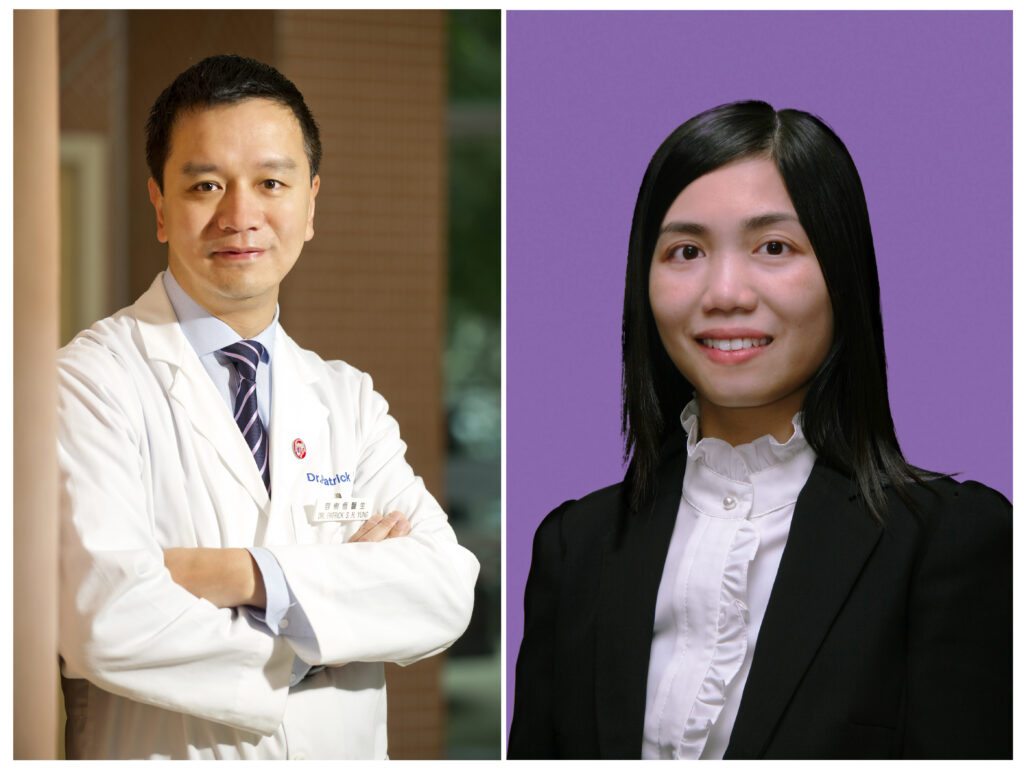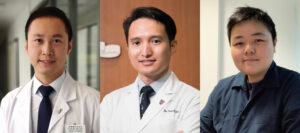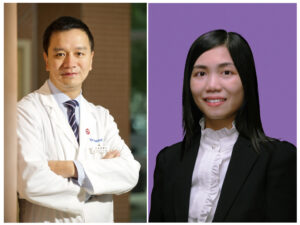CUHK
News Centre
CUHK bags three wins at Healthy Longevity Catalyst Awards (Hong Kong) 2022
Scholars from The Chinese University of Hong Kong (CUHK) won three awards at the Healthy Longevity Catalyst Awards (Hong Kong) 2022. The Catalyst Awards are a collaboration of the Research Grants Council (RGC) and the United States’ National Academy of Medicine (NAM). Each winning project will receive a US$50,000 (approx. HK$389,000) cash prize covering a period of 12 months.
Ageing-related neurodegenerative diseases like Alzheimer’s disease are substantial medical and socioeconomic burdens with no effective treatments to date. Professor Billy Ng Wai-lung in the Faculty of Medicine (CU Medicine)’s School of Pharmacy will create bilobalide derivatives from extracts of ginkgo tree (Ginkgo biloba) and evaluate these molecules as potential therapeutics against age-related neurodegenerative diseases. Bilobalide is a natural terpene trilactone product of ginkgo, and is thought to be protective against neurodegeneration. However, its chemical instability precludes further preclinical evaluations. Professor Ng envisions that the direct chemical modification of bilobalide will be able to rapidly produce diverse chemical libraries which are chemically stable and biologically active. These unprecedented chemical libraries will allow the exploration of previously unknown chemical and biological spaces for the pharmacological management of age-related neurodegenerative diseases. Co-Principal Investigators are Dr Owen Ko Ho and Professor Kim Chow Hei-man, Assistant Professors from the Department of Medicine and Therapeutics & School of Biomedical Sciences, and the School of Life Sciences.
Associate Professor in the Department of Electronic Engineering Ren Hongliang’s team will develop swallowable, encapsulated, multi-stable intragastric balloons for obesity treatment. Global obesity has increased at an alarming rate and has become a serious threat to public health and longevity, according to the World Health Organization. Obesity is caused by fat accumulating to the extent that it can negatively affect health. To treat obesity, medication and surgery can reduce patients’ appetite, decrease fat absorption and reduce stomach volume, leading to them feeling full earlier. Placing an intragastric balloon in the stomach is an alternative treatment approach when surgery and medication are unsuitable or not recommended. Professor Ren’s proposal hypothesises that remote-controlled, swallowable, encapsulated, multi-stable intragastric balloons used in a tetherless manner can address this issue and offer a non-surgical option for obese patients.
Professor Patrick Yung Shu-hang, Chairman and Professor, and Professor Pauline Lui Po-yee, Associate Professor in CU Medicine’s Department of Orthopaedics and Traumatology, plan to decipher disease pathogenesis and druggable targets for degenerative tendinopathy using a spatial transcriptomic approach. Degenerative tendinopathy is an unmet clinical challenge due to its unclear aetio-pathogenesis. By adding spatial information to single-cell RNA-sequencing (scRNA-seq) data, spatial transcriptomics allows cell groups sharing similar and differential gene expression and in situ cell-to-cell interactions to be identified in the tissue context. Formalin-fixed and paraffin-embedded (FFPE) tendinopathy and healthy tendon samples represent a rich resource for molecular profiling but are unfortunately incompatible with scRNA-seq due to RNA degradation in storage and extraction. This study aims to use a ground-breaking spatial transcriptomics approach to FFPE samples to discover key players, biological processes, novel biomarkers and cell-to-cell interactions, at the single cell and spatial levels, in degenerative tendinopathy. The study will open new opportunities to use FFPE samples for spatial transcriptomic research in tendons to improve public health.


